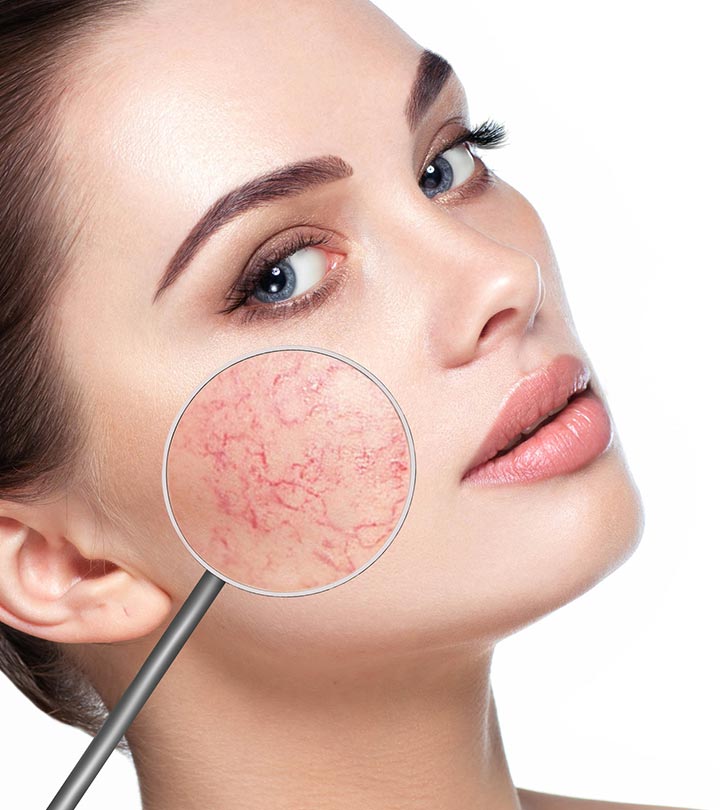Facial Capillaries Treatment - Abu Dhabi - Dubai
Facial capillaries, also known as spider veins or broken capillaries, are small, dilated blood vessels that appear near the surface of the skin. They can be caused by various factors such as genetics, sun exposure, aging, hormonal changes, and certain medical conditions. While there is no specific cure for facial capillaries, there are several treatment options available to reduce their appearance. Here are a few commonly used treatments:
- 1. Laser therapy: Laser treatment is a popular option for addressing facial capillaries. During the procedure, a laser is used to target the affected blood vessels, heating them up and causing them to collapse and eventually fade away. Multiple sessions may be required to achieve the desired results.
- 2. Intense Pulsed Light (IPL) therapy: IPL therapy uses broad-spectrum light to target the pigment in the blood vessels. The light is absorbed by the vessels, causing them to coagulate and gradually disappear. Like laser therapy, multiple treatments may be needed.
- 3. Sclerotherapy: This treatment is commonly used for spider veins on the legs but can also be effective for facial capillaries. A sclerosing agent is injected into the affected blood vessels, causing them to close off and eventually be reabsorbed by the body. Sclerotherapy is typically performed by a dermatologist or a vein specialist.
- 4. Electrocautery: Electrocautery is a procedure where a small electric current is applied to the affected blood vessels, causing them to seal off. The vessels will then be reabsorbed by the body over time. Electrocautery is often used for smaller facial capillaries.
- 5. Topical creams: Certain topical creams or gels containing ingredients like vitamin K, retinol, or horse chestnut extract may help reduce the appearance of facial capillaries over time. These products work by strengthening the capillary walls and improving blood circulation.
It's important to note that the effectiveness of these treatments can vary depending on the individual and the severity of the condition. It's advisable to consult with a dermatologist or a qualified healthcare professional who can evaluate your specific situation and recommend the most appropriate treatment option for you.

